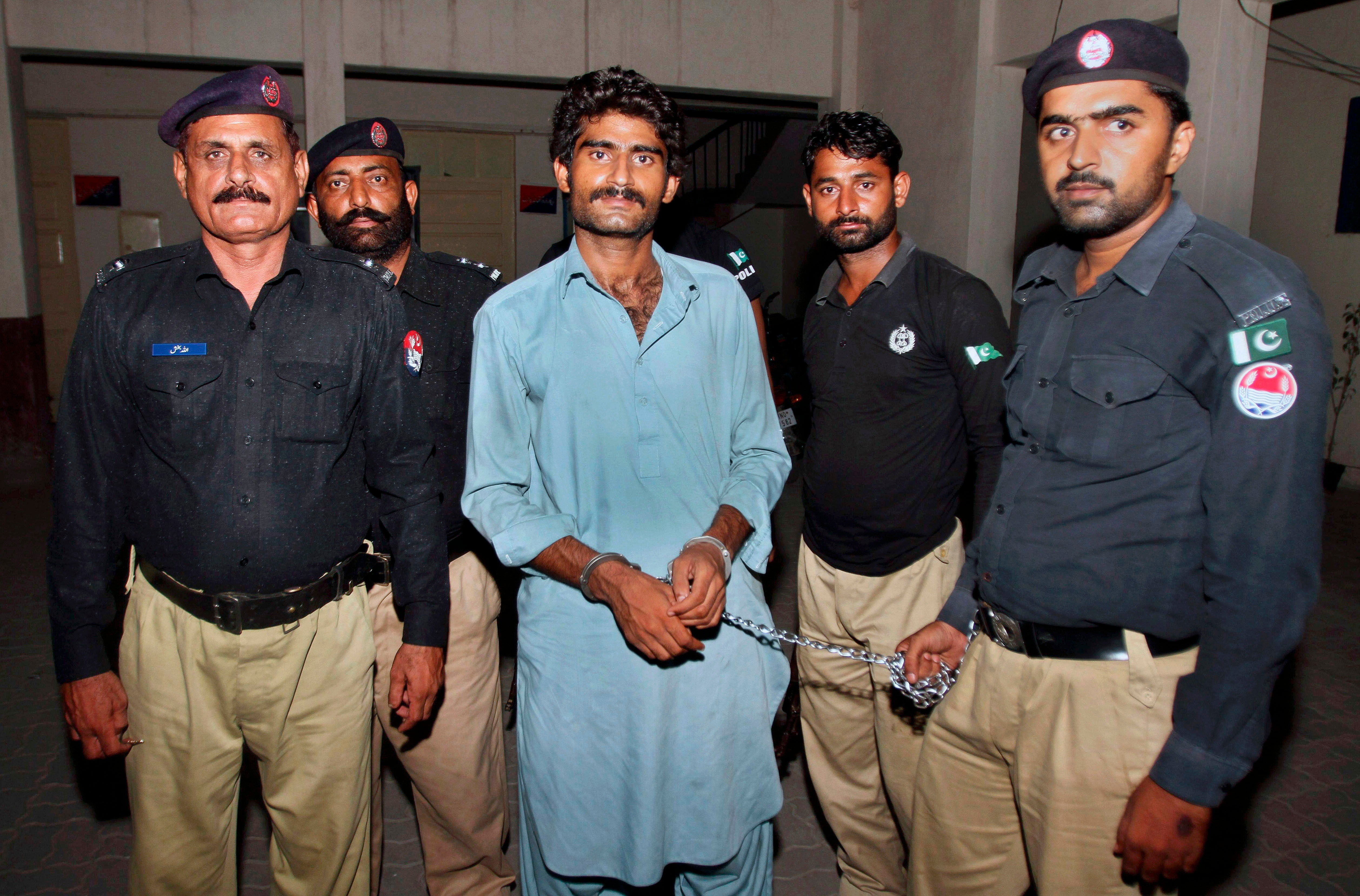Brother of Pakistan social media star Qandeel Baloch acquitted of her murder
Muhammad Waseem killed his sister Qandeel Baloch in 2016 and said he had no remorse

A Pakistani man who strangled his sister Qandeel Baloch, a well-known model, actress and social media star, to death six years ago for posting what he called “shameful pictures” on Facebook has been acquitted of the murder charges.
Muhammad Waseem killed his sister in 2016 and admitted to the murder in a press conference organised by the police in 2019, where he said that he strangled Baloch to death due to her social media activities.
While confessing, Waseem had claimed that he had no remorse for killing his sister – known as Pakistan’s first-ever social media celebrity – because her behaviour was “intolerable”.
He was granted pardon on Monday by an appeals court in Pakistan’s Multan city after their parents pardoned him under Islamic law. Under Islamic law, a pardon from a murder victim’s family can allow the release of the convict.
According to Pakistani laws dealing with “honour killings”, a convict cannot be released solely on one family member’s pardon. In this case, both the parents are believed to have granted the pardon, paving the way for Waseem’s release later this week.
Defence lawyer Sardar Mehboob said the conviction against Waseem was struck down after his mother submitted a statement confirming that she had pardoned him, in addition to the retraction of testimony by major witnesses in the case.
Anwar Bibi, the siblings’ mother, welcomed the court order, The Guardian reported. “I am happy over the acquittal of my son, but we are still sad for our daughter’s loss,” she said.
Baloch was known for her outspoken, progressive views on women empowerment. But many in Pakistan’s conservative circles condemned her social media presence.
In her Facebook posts, she had spoken of trying to change the “typical orthodox mindset” of people in Pakistan and became a key female figure in the movement to break social taboos by questioning “ultra-conservative practices”. She received frequent online abuse and death threats as a result.
Autopsy reports confirmed that Baloch had died due to asphyxiation in her sleep, contradicting an initial report by her parents that she had been shot to death.
Baloch’s killing triggered an outpouring of rage both internationally as well as among Pakistani celebrities, who demanded stricter punishments for men who kill women in the name of so-called “honour”.
Human Rights Watch estimates that around 1,000 women are victims of “honour” killings in Pakistan every year, though rights defenders disagree on the exact number.
Join our commenting forum
Join thought-provoking conversations, follow other Independent readers and see their replies
Comments
Bookmark popover
Removed from bookmarks